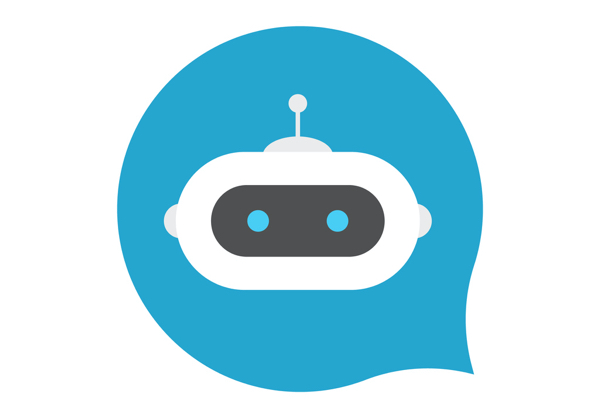What Does Internet Bot Mean?
An Internet bot is a specific kind of technology that interfaces with the global Internet to provide different kinds of automations.
Like the Internet itself, Internet bots have been evolving through the years.
Some of the most basic types of Internet bots are very common on the web. Many of them accomplish simple tasks, and some are named after what they do — “web scrapers” is an excellent example.
Companies utilize these Internet bots to automatically collect data, or to send data, or do other routine tasks.
Some of the more sophisticated Internet bots such as spambots will be let loose to provide spam comments all over various WordPress blogs and other web venues, to the consternation of webmasters in general.
The concept of the Internet bots also applies to cybersecurity, and has been a major part of the cybersecurity world for years.
Techopedia Explains Internet Bot
One of the best examples is the distributed denial of service attack or DDoS attack.
DDoS and Internet Bots
In this type of attack, hackers use a large number of individual Internet bots to flood the system and disrupt network activities that are tied to the Internet. Every single Internet bot sends its own demand to the targeted server, and the server, overwhelmed by peak activity, becomes compromised.
DDoS attacks are hard to protect against, but some technologies utilize advanced network monitoring to try to identify bot traffic and separate it from legitimate human user traffic. Sometimes heuristics or network algorithms can be used for these kinds of protective activities.
Today's Internet Bot
In the last few years, a new kind of Internet bot has come along that's injected itself into various societal debates around our politics and our social connections to each other.
The idea that "Russian bots" were partially to blame for political upsets in America's national electoral system has been a common concern, and many of us understand that it's possible to create these kinds of "social bots" to generate fake user profiles on Facebook and other social media platforms.
These social bots can incarnate the idea of a machine that beats the “Turing test” named after legendary WWII coder Alan Turing, in that it becomes difficult or impossible for other users to tell whether the profile they are interacting with belongs to a human or a social bot.
All of that is now part of the evolving legacy of the Internet bot, but it's possible that in the years to come, there will be an entirely new kind of Internet bot that will also become common on the web.
The Future of Internet Bots
The future of Internet bots has to do with what's called Web 3.0 — the predictions of our top engineers and Internet gurus on how the web will look some years from now.
Yesterday's web was Web 1.0 — a read-only web. Today's web is Web 2.0 — a web where two-way traffic is commonplace.
Now, experts are envisioning a future Web 3.0 — a connected semantic web, where new kinds of tagging and data analysis lead to much more automation.
In this new world, advanced Internet bots might conduct e-commerce shopping on behalf of users, or do other high-level activities.






